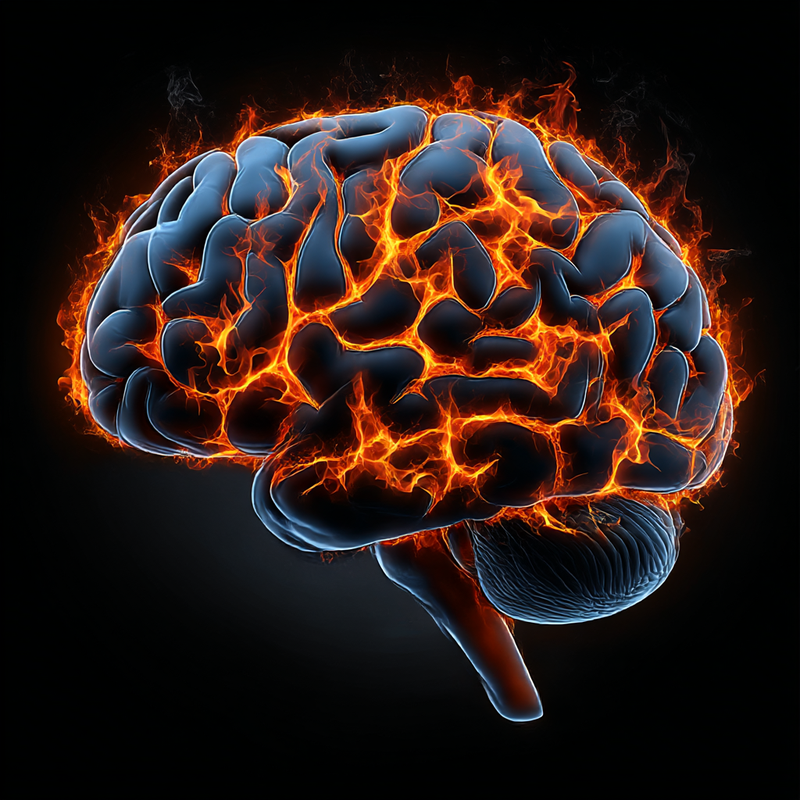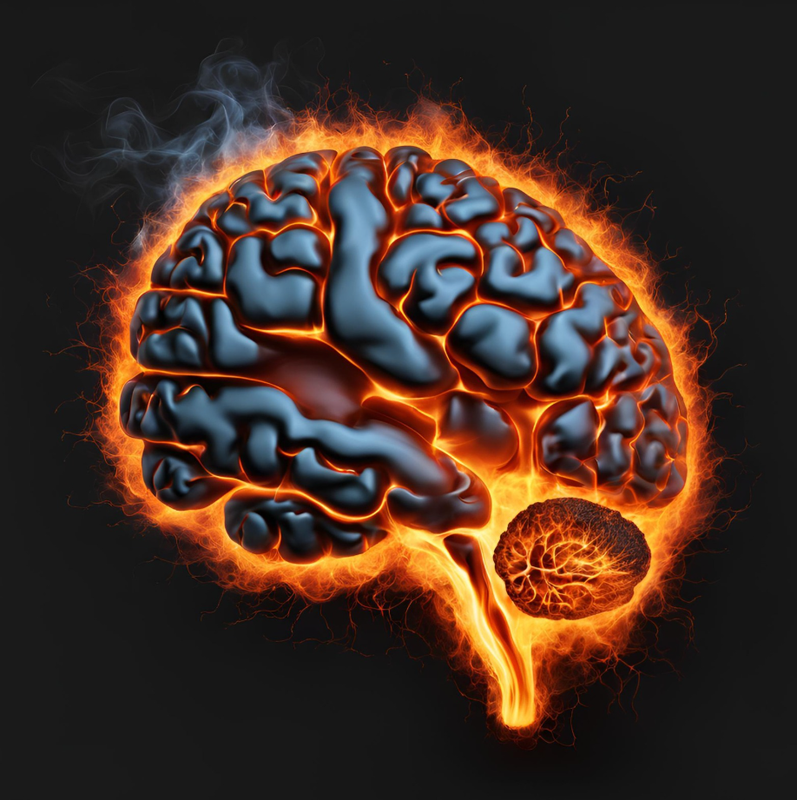
LLMs, the Brain and Reason: A Complicated Relationship
Agents are at the centre of attention in artificial intelligence right now. They promise to bring a new level of automation by solving problems on their own, using thinking and planning similar to humans. This could greatly improve productivity for both individuals and businesses. Yet, users may face issues with reliability and trust due to the well-known hallucination problem of large language models (LLMs), which form the core of AI agents. Another concern is the difficulty LLMs still have with robust planning and reasoning, which may still fall short of the human-like abilities that are promised.





